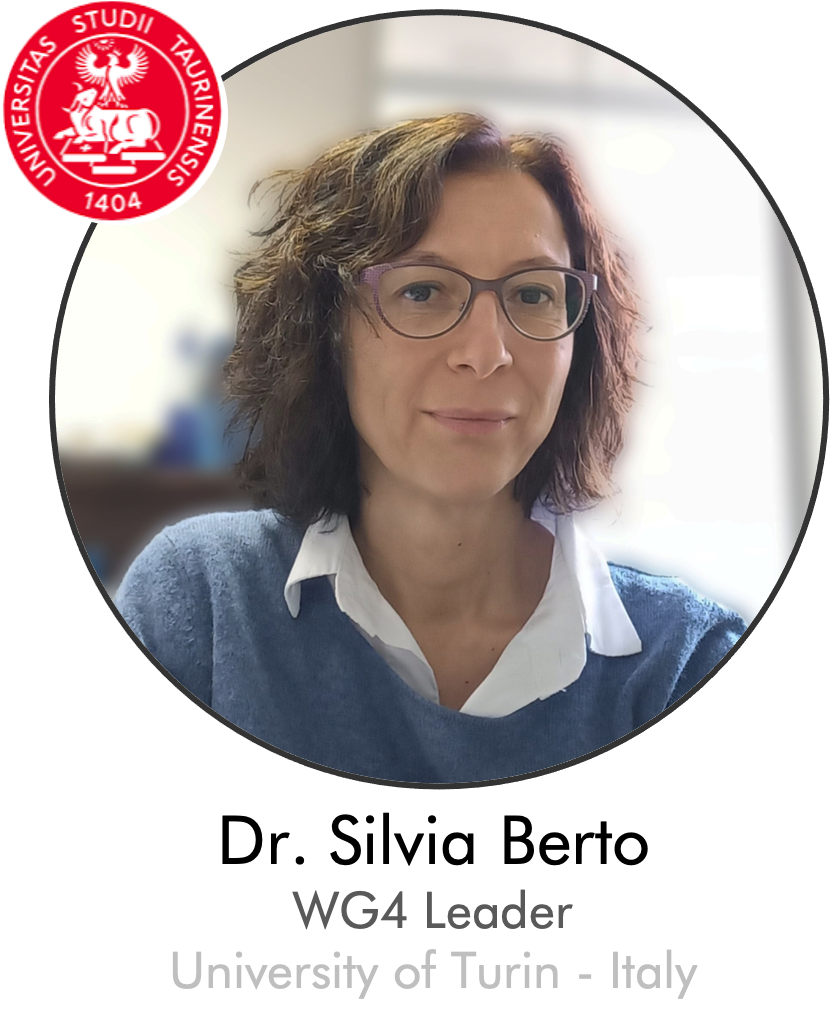NECTAR tools, services and facilities
Fundamental research and applications of chemical thermodynamics require a series of tools, services and facilities, whose availability is of paramount importance. For instance, specific ligands/molecules and/or chemical devices with specific characteristics and properties are needed in specific contexts, while dedicated software (e.g., for experimental data treatment, speciation models, molecular models and theoretical calculations) is required for the determination of thermodynamic parameters. Associated to the latter problem, non-experts in the field need guidelines for the experimental determination of thermodynamic parameters and their analysis, especially for the less conventional types of experiments. Finally, it will be desirable for the entire scientific community to have a comprehensive database for the deposition and retrieval of reliable thermodynamic parameters.



